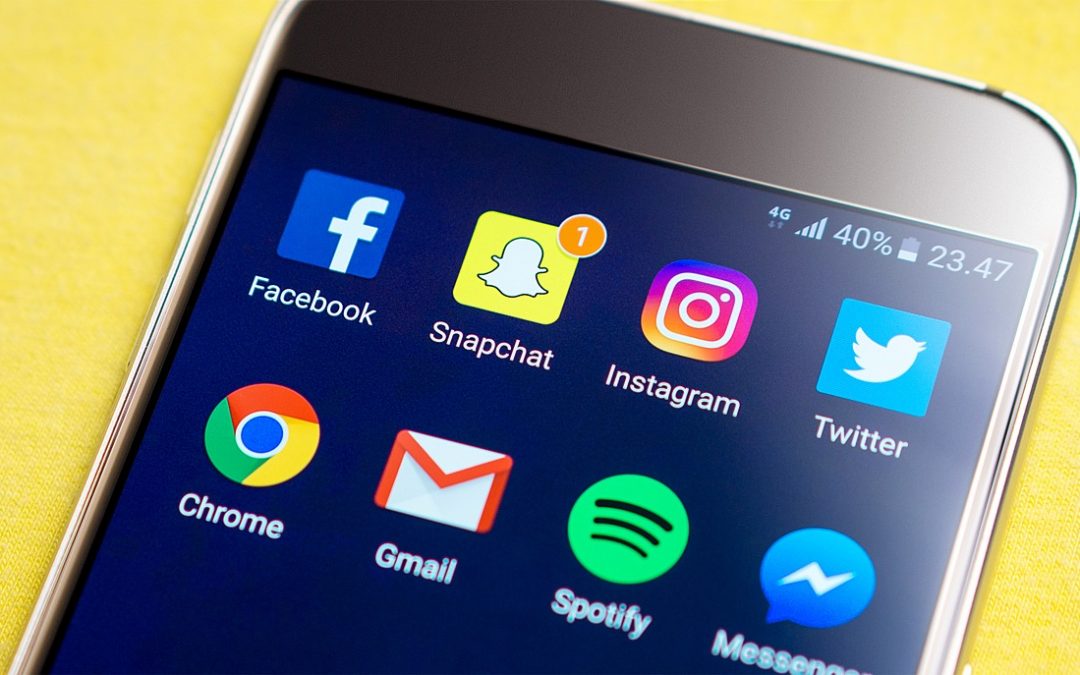Advertising plays a vital role in selling products and services. Billions of pounds are spent every year convincing us to purchase or use them. But some big lies about products and services we buy have been unashamedly told for years.
Here are some you might recognise that have fallen foul of the consumer protection bodies in terms of their claims.
Olay Eye Cream
When an image of Twiggy appeared on the brand’s Definity eye cream in 2009, the former model’s skin looked flawless. It was devoid of wrinkles, not a trace of crow’s feet or even smile lines. She most certainly didn’t have the appearance of an average 52 year old woman. The ASA (Advertising Standards Authority) in Britain considered that the advertisements for the product were misleading. This was because people might consider using the cream would achieve the same flawless look.
Olay confessed to enhancing the photo and quickly replaced it with a more credible one. They also promised to review their procedures to avoid repeating the mistake.
Snapchat
In 2014 the US Consumer Protection Counsel complained to the Federal Trade Commission (FTC) about Snapchat. This arose because of a claim the multimedia messaging app made regarding photos and videos that users shared between them. Users believed that it was impossible for their photos to be saved (it was simple to save them). In addition, Snapchat was accused by the FTC of lying about its personal data mining activity.
Snapchat settled its issues with the FTC stating that less attention was paid to certain aspects of the app when it was being developed. The misleading claims have now been addressed.
A scandal erupted this year when Mark Zuckerberg, the CEO of Facebook stated mistakes had been made in the way Facebook shares data with third-party applications. This confession only came about after a whistle-blower revealed that Cambridge Analytica had utilised the data of 50 million users when working on the Trump election campaign. You can see Zuckerberg’s response to the revelation below:
For more information check out our blog post dedicated to the Cambridge Analytica scandal
Kellogg’s
In recent years Kellogg’s has drawn the attention of the FTC for slogans implying some of their breakfast cereal products have health benefits. They have been warned not to make such claims without scientific back up.
More lies about products and services
If you discover any lies about products and services let us know. How many marketing executives do you think should take lie detector tests?


